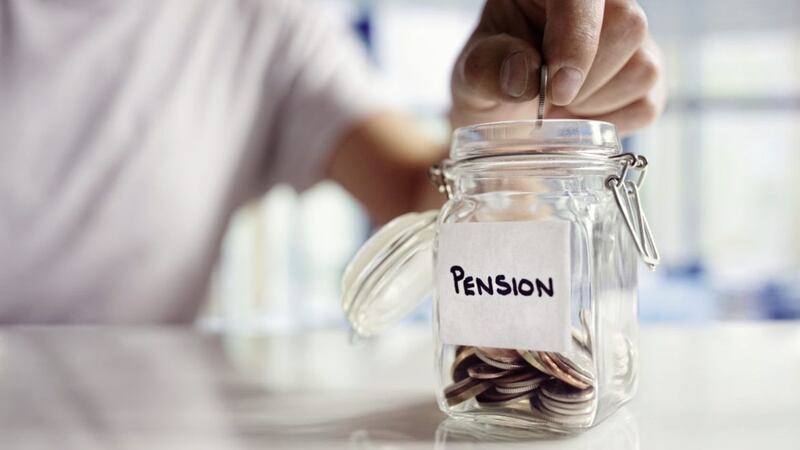WORKERS are more likely to choose to increase their own payments into pension pots when their employer will also contribute more, analysis suggests.
Hargreaves Lansdown looked at the behaviour of nearly 53,000 workplace pension members to find out what impact employers offering additional matching contributions has on the likelihood of employees boosting the amount they pay in themselves.
Employers can offer additional incentives for employees to save more - and it is up to individual employers to decide the level at which they want to match employees' contributions above the minimum requirements.
Staff are automatically enrolled into their workplace pension at a certain level, which is determined by the employer but must at least meet the minimum levels set by the Government.
Under automatic enrolment rules, at least 8 per cent of qualifying earnings must be paid into a workplace pension, of which a minimum of 3 per cent must come from employers and 5 per cent from staff.
The research, which looked at those using the Hargreaves Lansdown Workplace Pension, found nearly half (49 per cent) of pension scheme members whose employers did not offer additional matched contributions still chose to increase their monthly pension savings with no employer incentive, which Hargreaves Lansdown said was due to good communication and engagement from employers.
However, among those whose employers did offer a matching incentive, more than six in 10 (61 per cent) employees chose to pay more.
Men may be more responsive than women to the offer of matching employer contributions, the research found.
With no additional matching incentive, 49 per cent of women still increased their pension contributions, compared with 48 per cent of men.
But introducing an incentive leads to 58 per cent of women and 64 per cent of men contributing more.
The research also found matching boosts the likelihood of saving more, particularly among workers aged under 30.
Researchers said people tend to be more likely to contribute more to their pension as they get closer to retirement anyway.
Workers with pension pots bigger than £5,000 also tend to be more responsive to employers' matching incentives, the research found.
Nathan Long, a senior analyst at Hargreaves Lansdown, said: "The Government should look to employers to incentivise higher contributions by offering to match additional contributions made by their employees.
"It's an approach used by some employers already and is particularly effective at incentivising the under-30s to pay more in."








